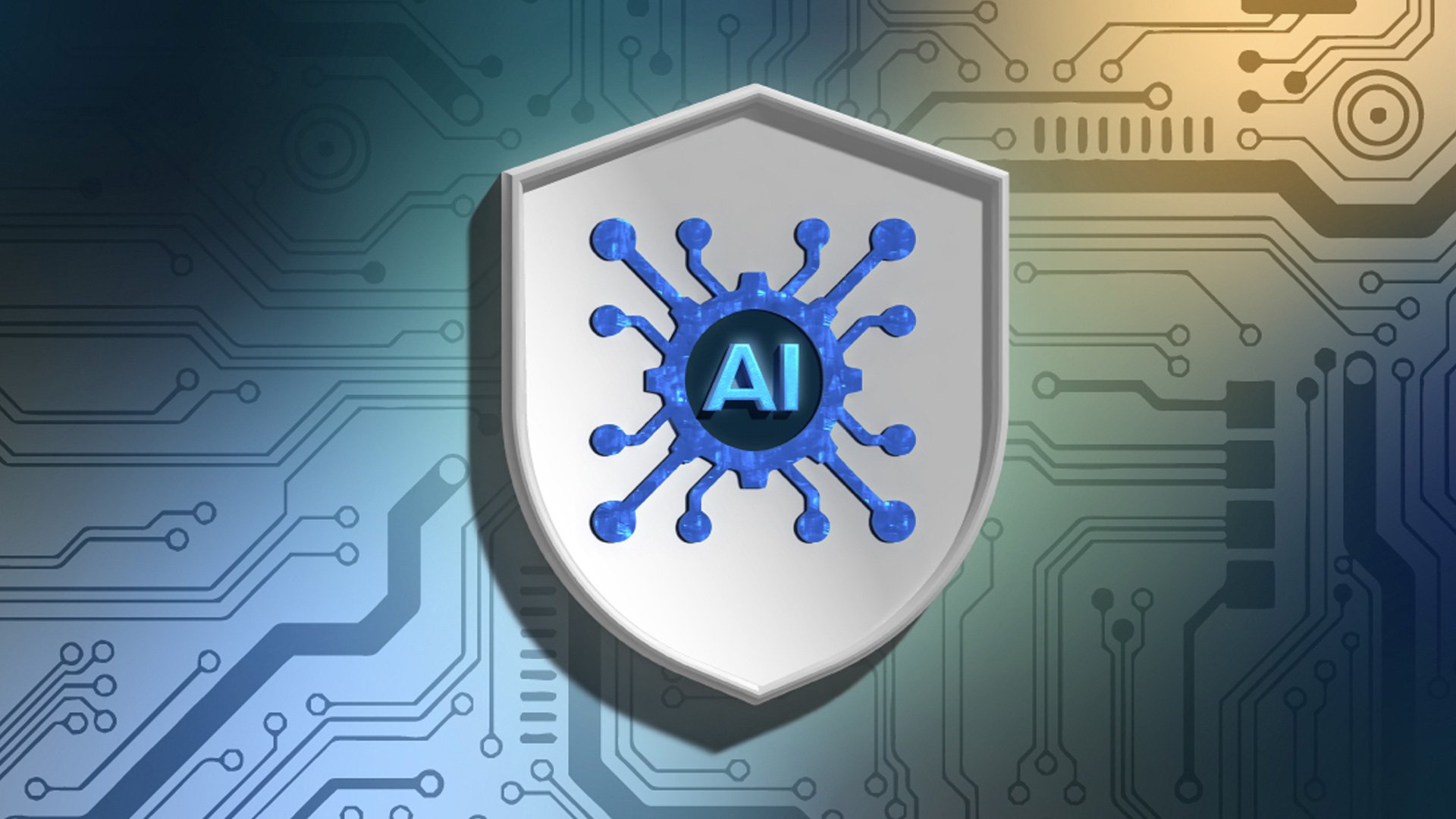The Impact of AI on our Daily Lives
Artificial Intelligence (AI) has been recognised for years, but it’s only recently that AI has been getting a lot of limelight and made accessible to consumers. Through tools like CoPilot, Gemini, Chat GPT, and the recently announced Apple Intelligence, consumers can now utilise the technology to generate content or answer questions. AI has already been integrated into our daily lives, you can find out how AI technology works by reading How Does Artificial Intelligence (AI) Work? post.
Here are some ways in which AI is already integrated and interacted in our lives:
Mobile Devices: From face ID and image recognition to personalised recommendations, our smartphones and tablets rely heavily on AI.
Emails: AI algorithms help filter spam, prioritise messages, and even suggest responses.
Apps: Many apps use AI for features like language translation, predictive text, and content recommendations.
Social Media: AI powers content curation, personalised ads, and sentiment analysis.
Search Engines: Google's search algorithms utilise AI to provide relevant results.
Digital Voice Assistants: Siri, Alexa, and others use AI for natural language understanding and task execution.
Online Banking: Fraud detection, credit scoring, and chatbots all benefit from AI.
Navigation and Driving Aids: Route mapping, traffic updates, and weather forecasts rely on AI.
Entertainment: Streaming services like Netflix and Amazon use AI for content recommendations.
Smart Home Devices: AI-driven thermostats, security cameras, and voice-controlled appliances enhance convenience and efficiency.
Benefits of Integrating AI in Our Lives
Integrating AI into our daily lives is redefining how we interact with technology, here are some benefits of integrating AI into our lives:
Streamlining Routine Tasks: AI automates repetitive tasks, freeing up time and mental energy for more meaningful activities.
Personalising Experiences: AI tailors recommendations, content, and services based on individual preferences, enhancing user satisfaction.
Revolutionizing Healthcare: AI aids in diagnostics, drug discovery, and personalised treatment plans, improving patient outcomes.
Enhancing Communication: AI-powered language translation, chatbots, and voice assistants facilitate seamless communication across languages and cultures.
Fueling Creativity: AI assists artists, musicians, and writers by generating ideas, suggesting improvements, and enhancing creativity.
Issues of Integrating AI in Our Lives
While AI integration offers numerous benefits, there are also challenges and potential problems:
Dependency: Relying heavily on AI can lead to overdependence. When systems fail or make errors, it disrupts our lives.
Bias and Discrimination: AI algorithms can perpetuate biases present in training data, leading to unfair outcomes in areas like hiring, lending, and criminal justice.
Privacy Concerns: AI collects vast amounts of personal data. Balancing utility with privacy protection is crucial.
Job Displacement: Automation can lead to job losses, especially in routine tasks. Reskilling and workforce adaptation are essential.
Security Risks: AI systems are vulnerable to attacks. Ensuring robust security measures is critical.
Transparency and Accountability: Black-box AI models lack transparency. Assigning responsibility for decisions is challenging.
Ethical Dilemmas: Autonomous systems face ethical decisions (e.g., self-driving cars). Who decides in emergencies?
Environmental Impact: Training large AI models consumes significant energy. Sustainable practices are necessary.
Social Isolation: Overreliance on AI can reduce human interactions and social bonds.
Loss of Skills: As AI handles tasks, we may lose skills (e.g., mental math). Balancing convenience with skill retention is vital.
AI has been integrated into our lives without us knowing as its implementation has been used for background processes such AI assistants and security processes. Integrating AI offers many benefits that can enhance our lives by bringing efficiencies to our lives and the services we use. However, reliance on technologies such as AI poses many issues and could disrupt our lives if they fail. By addressing the challenges, we can harness AI’s potential safely and ethically to help improve society.


